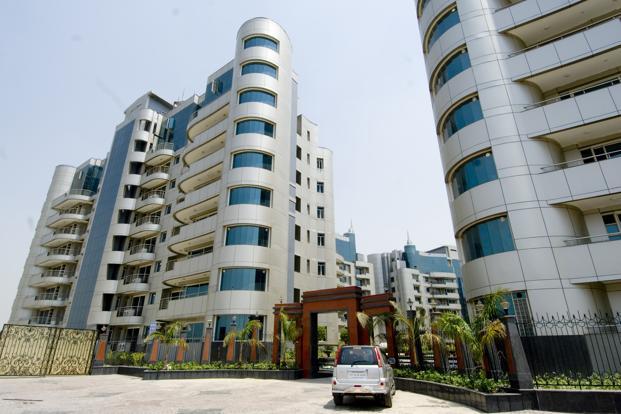In India, over the past five years, property prices have appreciated significantly. But for the overseas Indian it has been only a marginal increase owing to the depreciation of the Indian rupee against US $. This made investments in India’s real estate sector more affordable and extremely lucrative for the oversea investors.
In the Overseas Indian Facilitation Centre, every other investment query is regarding buying a residential property in India. This sector should soon become more transparent and should be better to protect consumer interest because of the approval of Real Estate Regulation and Development Bill by the Union Cabinet.
If you are an overseas Indian then some basic rules will help you to navigate the real estate market belonging in India.
GROUND CHECK:
At first, determine the nature of the property because as per the guidelines of Reserve Bank of India, an overseas Indian cannot buy agricultural land in the country. So you must examine all the legal documents before buying the land as there have been cases of residential projects being built on agricultural land without securing approval from the government. The investment will be deemed illegal in such cases; irrespective of who bought the land.
Ensure that you have seen the title deed in original and that it is solely in the name of the seller of the land. If the seller is unable to produce the original and shares a photocopy then there is a possibility that a loan has been taken against that property. So, initiate a thorough check to avoid the pitfall of the sale being challenged to you at a later stage.
You must also check out that the property in Mumbai, the Epitome by Radius Developers
has secured all clearances required by law such as; environment and municipal clearances and the authority to transfer the undivided share of land to each apartment owner and the entire plot to the society upon completion of the project. Also for projects under construction insist on these documents to ensure that your investment is totally safe.
You may hire a lawyer in India to ratify the claims made and ensure that the builder has secured all the necessary approvals as this will ensure that you have covered all the legal aspects.
Irrespective of its nature, in case the property was acquired or inherited by an overseas Indian or NRI when he was a resident of India, he can sell or build on the property without any approval from the Reserve Bank of India (RBI). However if he wishes to sell it, he must be a resident citizen of India at any cost.
PURCHASE:
After diligence and negotiation, having identified your property, you will arrive at a price at which the sale will be agreed. A sale agreement will be drawn on a Rs 50 stamp paper which will mention the final amount, the advance payment, and the time limit to pay the due amount with other details of installment.
Once the sale deal is complete, you need to get it registered at the sub registrar or Sub District Magistrate of the locality where your foreign address has to be mentioned in the sale agreement. You can appoint a representative in India with a power of attorney to act on your behalf but your representative should be notarized with the Indian consulate.
The property can be registered under the name of the NRI and the holder of the power of attorney can sign on his behalf by producing a copy of the document to the appropriate authority.
The payment of purchase price should be made from either funds received in India through normal banking channels or funds held in a nonresident bank account. Nonresident ordinary (NRO) or nonresident external (NRE) account or foreign currency nonresident (FCNR) account can be used to pay.
TAXATION:
A service tax is also levied on the transaction apart from the registration cost and stamp duty. It depends upon the property you are buying. You will have to pay a service tax of 12.36% on 25% of the total price for apartments up to 2000 square feet and 30% for bigger apartments, if you are buying a property that is being constructed by a builder.
And for a built up property or a single residential unit, the stamp duty is to be paid on purchase of the property. The price of stamp duty varies from state to state and is different for different properties. There are three slabs for payment of stamp duty in Delhi. 4% of the property value if the new owner is a woman, where as 5% if it is the joint property of a man and a woman and 6% if a man is to own the property. Moreover, a registration fee of 1% is applicable for all property transaction.







